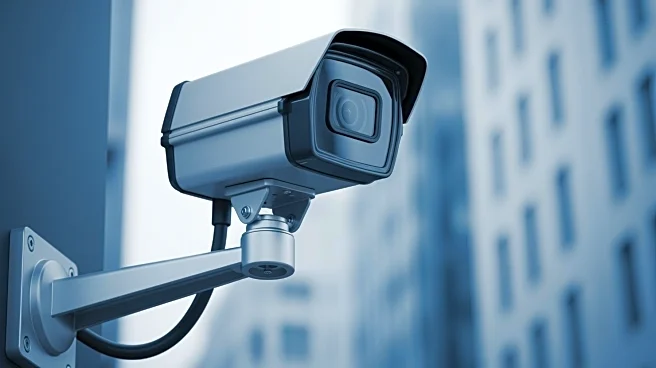What's Happening?
The Security Industry Authority (SIA) is implementing Martyn's Law, officially known as the Terrorism (Protection of Premises) Act 2025, which was passed in April. The law focuses on inspection and compliance,
with significant emphasis on regulation over the protection of premises. The act includes detailed functions for the SIA and regulations for Licensing Plans, but offers limited guidance for premises owners on public protection measures. The law aims to reduce vulnerability to terrorism, but critics argue it lacks sufficient guidance for compliance. The Home Office is expected to issue statutory guidance to clarify the act's requirements, drawing on best practices and existing security standards.
Why It's Important?
Martyn's Law represents a significant shift in the UK's approach to premises security, emphasizing regulatory compliance over direct security measures. This could impact how businesses and event organizers approach security, potentially increasing costs and administrative burdens. The law's focus on compliance may lead to challenges in effectively implementing security measures, as premises owners may struggle to interpret and apply the act's requirements. The anticipated statutory guidance will be crucial in providing clarity and ensuring that security practices are effectively integrated into premises management.
What's Next?
The Home Office is expected to develop statutory guidance to support the implementation of Martyn's Law. This guidance will need to address the complexities of terrorism-related security measures and provide clear instructions for compliance. The development of a register of competent advisors is also anticipated, which will help premises owners access expert advice on implementing the law. The SIA and other stakeholders will likely engage in consultations to refine the guidance and ensure it meets the needs of the security industry and premises owners.
Beyond the Headlines
Martyn's Law could lead to long-term changes in the UK's security landscape, potentially influencing international security standards. The emphasis on compliance may drive innovation in security technologies and practices, as businesses seek efficient ways to meet regulatory requirements. The law also raises ethical considerations regarding the balance between security and privacy, as increased surveillance and data collection may be necessary to comply with the act.








